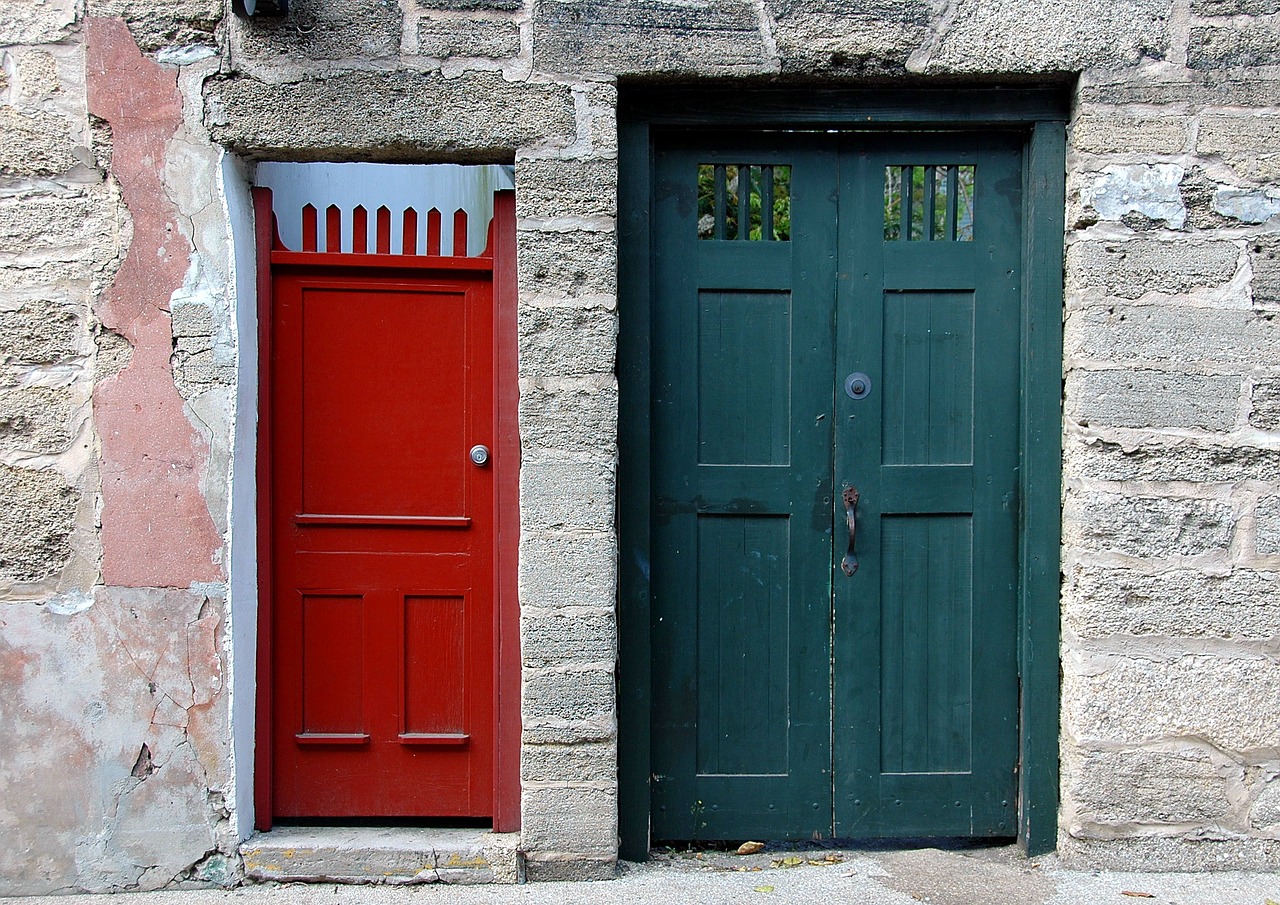

Question: Does Historical Significance Play a Role in Home Worth?
Answer: Historical significance can positively impact home worth, as it adds charm, uniqueness, and cultural value that may attract buyers and increase desirability.
The Affect of Historical Significance on Home Value
Historical significance can have a considerable impact on the value of a property, as homes with unique histories, distinctive architectural features, or connections to notable events or figures may be more desirable to certain buyers. However, owning a historically significant home also comes with its own set of challenges and responsibilities, which can influence the property’s worth in various ways. In this article, we will explore the ways historical significance plays a role in home worth, from the impact on buyer preferences and market demand to the influence on maintenance requirements and potential legal restrictions.
Buyer Preferences and Market Demand
Homes with historical significance can appeal to a specific subset of potential buyers who appreciate the unique charm, character, and craftsmanship often found in older properties. These buyers may be willing to pay a premium for a piece of history or a home with distinctive architectural features that cannot be replicated in newer constructions.
This increased demand for historically significant homes can lead to higher home values, particularly in areas where historic properties are relatively scarce or highly sought after. However, it’s important to note that not all buyers are drawn to historic homes, and some may be deterred by the potential maintenance requirements or legal restrictions associated with owning such properties.
Follow this link to learn more about your home’s value
Related Article: Does the Proximity of Local Amenities Affect House Worth?
Related Article: How Does Energy Efficiency Affect a Homes Worth?
Architectural and Aesthetic Appeal
Historically significant homes often feature unique architectural styles, detailing, and craftsmanship that can be difficult or impossible to recreate in modern construction. This distinctive aesthetic appeal can make historic homes more attractive to potential buyers, potentially leading to higher home values.
Additionally, historic homes are often located in established neighbourhoods with mature landscaping, tree-lined streets, and other older homes, which can contribute to the overall charm and appeal of the area. This desirable neighbourhood character can further increase the demand for historically significant homes, potentially leading to higher home values. [ 1 ]
Cultural and Community Value
Historically significant homes can also hold cultural and community value, as they often represent a tangible link to the past and contribute to the overall history and identity of a neighbourhood or city. This cultural and community value can make historic homes more attractive to potential buyers who appreciate the importance of preserving local history and heritage.
In some cases, community organizations or local governments may offer financial incentives or support to help preserve historically significant homes, which can help offset the costs of maintenance and restoration for homeowners. This support can make owning a historic home more affordable and appealing to potential buyers, potentially leading to higher home values.
Maintenance Requirements and Costs
One of the primary challenges associated with owning a historically significant home is the potential for increased maintenance requirements and costs. Older homes often require more frequent and specialized maintenance to preserve their unique features and structural integrity, which can be both time-consuming and costly for homeowners.
Potential buyers may be deterred by the prospect of taking on these maintenance responsibilities and costs, which can negatively impact the home’s worth. However, buyers who are specifically interested in owning a historic home may be willing to accept these challenges in exchange for the unique character and history that such properties offer.
Legal Restrictions and Preservation Regulations
Historically significant homes may also be subject to legal restrictions and preservation regulations, which can impact the property’s worth in various ways. For example, homes located within designated historic districts or listed on national or local historic registers may be subject to strict guidelines governing alterations, additions, and demolitions.
These restrictions can limit a homeowner’s ability to make changes to the property, which may be a deterrent for some potential buyers. However, these preservation regulations can also help protect the historic character and integrity of the home, which may be appealing to buyers who are specifically interested in owning a historically significant property.
For more information visit https://www.jenjewell.ca
In this article, we have explored the ways historical significance can affect home worth, from the impact on buyer preferences and market demand to the influence on maintenance requirements and potential legal restrictions. Historical significance can increase a home’s appeal to potential buyers who appreciate unique architecture, cultural value, and community connections. However, owning a historically significant home can also come with increased maintenance costs and legal restrictions, which may deter some buyers. Overall, understanding the unique challenges and benefits associated with owning a historically significant property can help homeowners make informed decisions about their investments and potential buyers find the perfect home to suit their preferences and priorities.
References
1. https://www.rocketmortgage.com/learn/buying-a-historic-home


